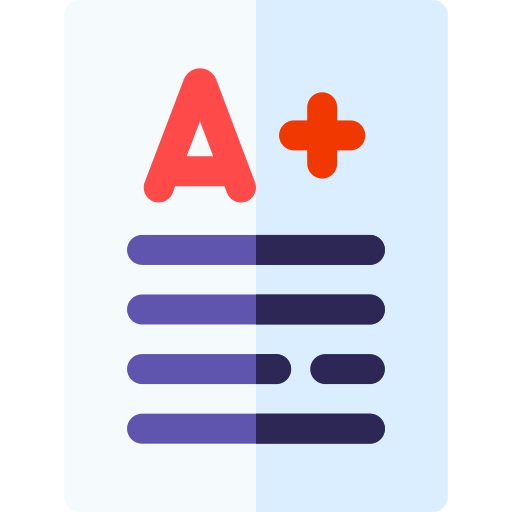مراجعة داعمة Grammar اللغة الإنجليزية الصف الخامس الفصل الثالث
Lesson Objectives
Today, I will be able to
• Review the use of indefinite articles
Review how to express past and present ability and inability
Review the use of some, many, much any
Review the use of countable and uncountabl- nouns
Grammatical structure
Present simple (including the verb to be) tvlcxlals (present)
Nouns (countable and uncountable)
Determiners (indefinite article)
Determiners (quantifiers)
understanding
When should I use "could" and "couldn't
We use "could" to talk about something we
were able to do in the past
Example: When I was six years old, I could recite the alphabet
We use "couldn't" to talk about something we weren't able to do in the past
Example: When I was three years old
Fill in the gaps with can, can't, could, couldn't
When I was five years old, I ……… . spell words correctly
write full sentences without any spelling
.easily swim, but when I was younger, I ……. even get in the water. I wasc9fi scared
My teacher says I'm an excellent painter. I ….. draw beautifully. My mom says that I have alb'däeen this good at painting.
Even when I was little, I ………. draw and color nicely
ENGLISH GRAMar
Indefinite articles: A - AN
A - AN
The difference between A and AN
A and AN have the sarme meaning. A and AN are indefinite articles
The difference depends on the sound at the beginning of the next word
When the next word starts with a
CONSONANT SOUND
[an book a frog
When the next word starts with a
VOWEL SOUND
a car a eog a lemon a truck
an apple an egg an insect an orange an umbrella an actor
BE CAREFUL The SOUND Of the letter is important
The H at the beginning
a house BUT an hour Of hour is silent
an uncle BUT a university The u at the beginning of university sounds like YOU
This rule applies to all vvords after A or AN (including adjectives, adverbs.„)
a cold day
an easy lesson
an interesting class
a yery crazy person
lovely gift for my best friend's birthday . mangoes for dessert
My mom encourages me to have
My favourite snack is having healthy habits
dark chocolate and orange
ENGLISH GRAMMAr
MUCH - MANY
A LOT OF - LOTS OF
= a large quantity Of something Much and Many are mainly used in negative sentences and question
They are not common in affirmative sentences though still possible
Much is used with uncountable nouns
Many is used with plural countable nouns
MUCH + UNCOUNTABLE NOUNS
- I don't have much time
- He doesn't need much money
- Does it use much electricity
MANY + PLURAL COUNTABLE NOUNS
- There aren't many chairs in the room - I dont have many friends
- Do you think many people will go With affirmative sentences, we prefer a lot of instead of much / many
A lot of / lots of are not common in negative sentences or questions
A lot of can be used with countable nouns and uncountable nouns
a lot Of = lots Of
A LOT OF + UNCOUNTABLE NOUNS
- I need a lot of coffee I need lots of coffee
- There is a lot of traffic today
A LOT OF + PLURAL COUNTABLE NOUNS
- She has a lot of friends
She has lots of friends
- There are a lot ofcars on the street
Choose SOME or ANY
1. There is SOME / ANY milk in the fridge
2. We don't need SOME / ANY flour
3. Can I have SOME / ANY water, please
4. Are there SOME / ANY eggs in the fridge
5. There are SOME / ANY cats in the garden
6. Would you like SOME / ANY chocolate
7. I don't have SOME / ANY money
8. There aren't SOME / ANY oranges on the table
Read and complete with some or any
1) There is ………. milk in the fridge
2) Are there ……….. tomatoes at home
3) There aren't ……… peaches
4) IS …….. grapes
5) There are ……… cheese
6) There is ………. apples in the fridge
7) There aren't ………. mangoes
8) There are
understanding
Making a suggestion means telling another
person what we think that they should do or what we think is a good idea. We are giving our opinion about what action another person drinking
• Try some water
• Try sleeping early
Try taking some medicine
understanding
Make suggestions using -ing verbs
I have a headache Try
I have a sore stomach. Try
I have a sore throat. Try
(drink) some water
(eat) some food
(take) some medicine
I feel sick. Try (call) the doctor
Inderstanding
When should I use adverbs of frequency
•We use adverbs of frequency to say
how often we do things, or how often things happen
•Adverbs of frequency include
Always: all the time
Sometimes: some of the time
+ Never: none of the time
Answer the following questions
using adverbs of frequency
How often do you go to the park
+ How often do you eat rice
+ How often do you read stories
How often do you coffee
ALWAYS
USUALLY
OFTEN
SOMETIMES
HOW


